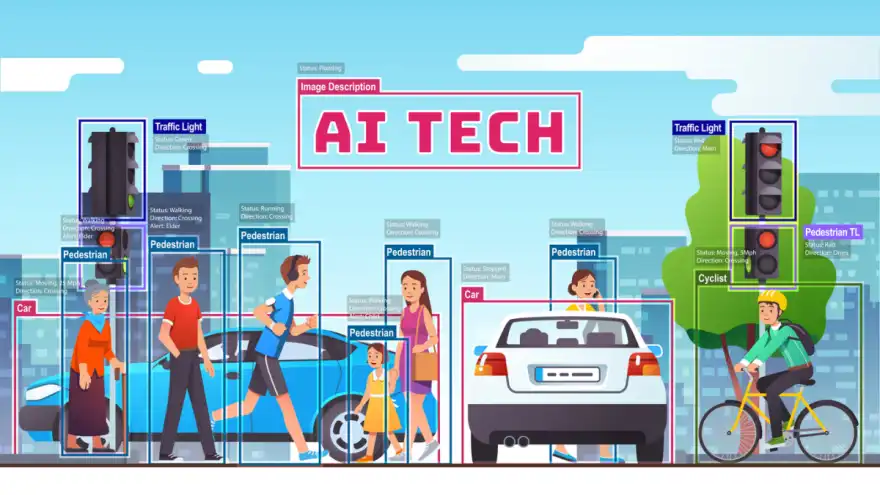
Traffic lights that prioritise cyclists over cars are being tested in Birmingham to help bike riders have smoother, uninterrupted journeys.
The new setup, known as a toucan crossing, uses AI sensors to detect cyclists from up to 30 meters away. When a cyclist is detected, the lights turn red for cars so that the cyclist can cross safely. This technology has been installed on A34 Stratford Road, near Blythe Valley, as part of a project by Transport for West Midlands and Solihull Council. Developed by VivaCity, these sensors aim to encourage cycling and reduce car dependency.
The idea is to make crossings safer and faster for cyclists by cutting down on wait times and lowering the risk of accidents. This project could set the standard for future efforts to reduce vehicle use in the West Midlands.
VivaCity’s CEO, Mark Nicholson, emphasised that their AI technology can identify cyclists and pedestrians "without any personal information". This means traffic signals can be adjusted to give priority to cyclists and pedestrians at key times, like after school when kids are crossing the road.
Transport Secretary Louise Haigh mentioned that the Labour government plans to invest "unprecedented levels of funding" in active travel to ease the NHS burden. However, shadow transport secretary Helen Whately criticised the Labour approach, calling it lacking in common sense.
Richard Parker, the Mayor of the West Midlands, said "Road safety is a top priority for me, and I want everyone to feel secure when cycling or walking. This project gives us a chance to see how Artificial Intelligence can make our roads safer by detecting cyclists and pedestrians and manage traffic signals to give them more time to cross safely.
"This is just one part of my plan to make our streets safer and encourage more people to cycle, meaning improved fitness, fewer traffic jams and cleaner air."
Peter Mildon from VivaCity expressed, "We're excited to see our technology being used to support active travel initiatives in Solihull. Our smart sensors are specifically designed to enhance the efficiency and safety of road networks.
"Our aim is to set a new standard of road safety across the UK, including in the West Midlands. We are dedicated to making journeys safer for everyone and look forward to continued collaboration with TfWM."
This initiative comes alongside the rollout of AI speed cameras across the UK, which will be used to catch drivers using phones or not wearing seatbelts. These cameras can detect violations and are being introduced to address concerns over driver distraction. However, some privacy advocates have raised alarms about the intrusive nature of the technology, despite assurances that images are anonymised unless a driver is prosecuted.


